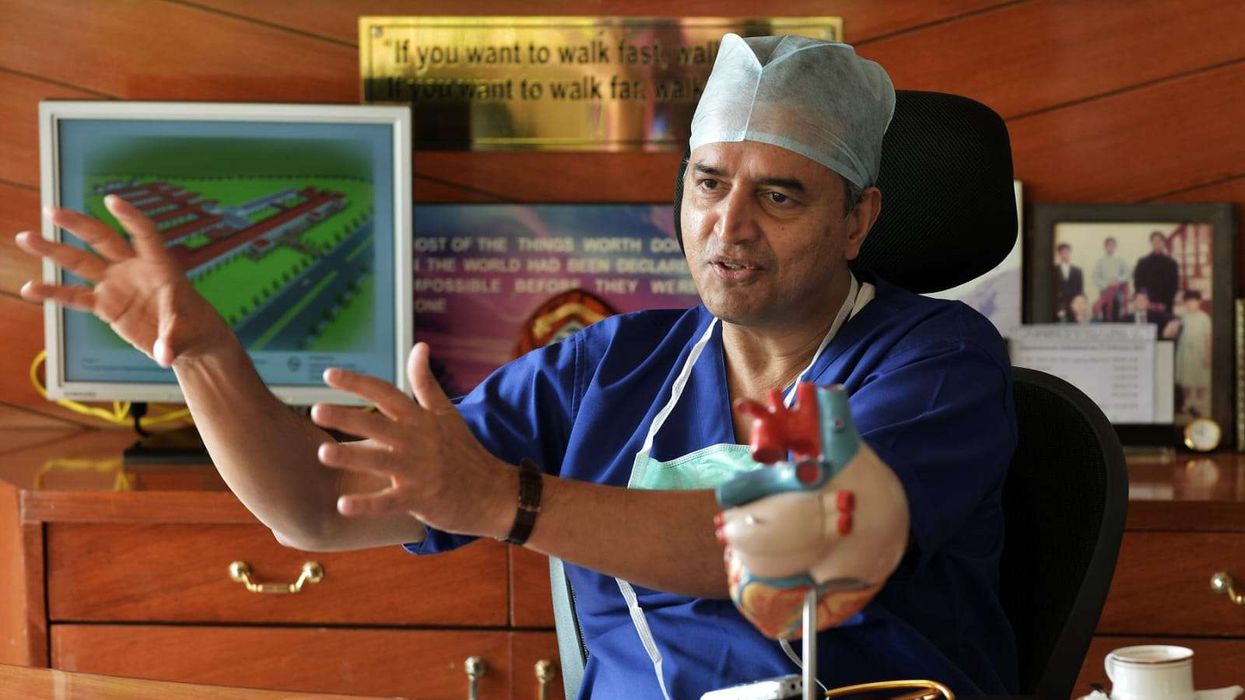by SHARON KAUR
TALKING about mental health has always been a taboo subject in the Indian community. It has been something that was either not acknowledged or understood, and if experienced within a family, often brushed under the carpet or hidden away from the world.
I remember experiencing this myself when I was younger. My cousin-sister was married into a typical Jatt Punjabi family in the Midlands to one of the two sons. The older son was married to my cousin-sister, but his younger brother didn’t get married, nor did the family push for him to do so for the simple fact that he had a mental illness.
When we would visit my cousin-sister on the months after her wedding, we would meet her in-laws and husband, but never the younger brother. I didn’t understand at the time as I was too young, but they kept him upstairs or in a separate room every time we visited.
As I grew older, I realised the family did this on purpose and didn’t want us to acknowledge him for two reasons. One reason was out of shame, and they didn’t want it to be known their younger son had a mental health illness.
The other reason was because they didn’t know how he would react to us and were scared in case he became unsettled or possibly even attacked anyone in the house. (Or at least this is the reason my cousin-sister’s mother-in-law gave my mum in Punjabi). The recent initiatives in building awareness in mental health across the whole country among all communities has been phenomenal.
There has been a dramatic shift in advertising on all mediums, including TV, radio and social media in particular, and how GPs acknowledge mental health and re-direct patients to the relevant services. There has also been a positive change in the way mental health is talked about through HR and external support teams at the workplace, awareness talks in places of religious worship and generally amongst the younger generation. The world is now ready and openly accepting mental health.
My most recent encounter with this positive change was on a predominantly Indian empowerment Facebook group. I had only been on this group for a few days and already someone had posted about mental health and asked whether anyone else had the experience of going to counselling and that they were going through a hard time. This touched my heart because the person clearly wanted to reach out, but also because we have entered a day and an age where people feel comfortable to share that they are looking for help.
It has inspired me to write about mental health and speak openly about experiences I have had. I recently opened a Facebook group to help survivors of narcissistic abuse, along with some friends, and have started writing a book on counselling. I feel so happy to experience this shift in how we deal with mental health, to go from hiding family members that have a mental illness to discussing counselling.
Visit Instagram: @Datenight & www.date-night.blog












